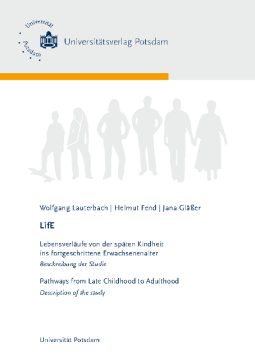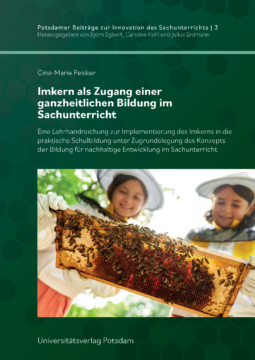Higher Education Leadership and Management have become increasingly important throughout the years due to the complexities that have to be addressed by universities worldwide. This can be seen not only in professionalisation in fields such as faculty management or in areas of quality assurance and internationalisation, but also in the need for exchange and training in academic leadership, such as that of deans or study deans, or of university leadership in general.
The Dialogue on Innovative Higher Education Strategies (DIES) is addressing this need in emerging countries by building platforms of exchange and offering training courses. Not only is the programme supporting capacity building of human resources, but it is also specifically focusing on inducing change within the universities, such as introducing new instruments or tools in the area of quality assurance and internationalisation, and addressing specific challenges or setting up new structures in the form of projects in the frame of the training. The ‘National Multiplication Trainings’ Programme under DIES is further addressing the sustainability and multiplication of the DIES Programme, that is, alumni are enabled to implement capacity building in higher education leadership and management in their national context.
The articles within this volume of the “Potsdamer Beiträge zur Hochschulforschung” (Potsdam Contributions to Higher Education Research) analyse and share the experiences of such training programmes held in Colombia, Democratic Republic of Congo, Guinea, Malaysia, Kenya, and Uganda. They all revolve around the best ways to address the needs and challenges in higher education leadership and management, and in building capacities in these areas.





